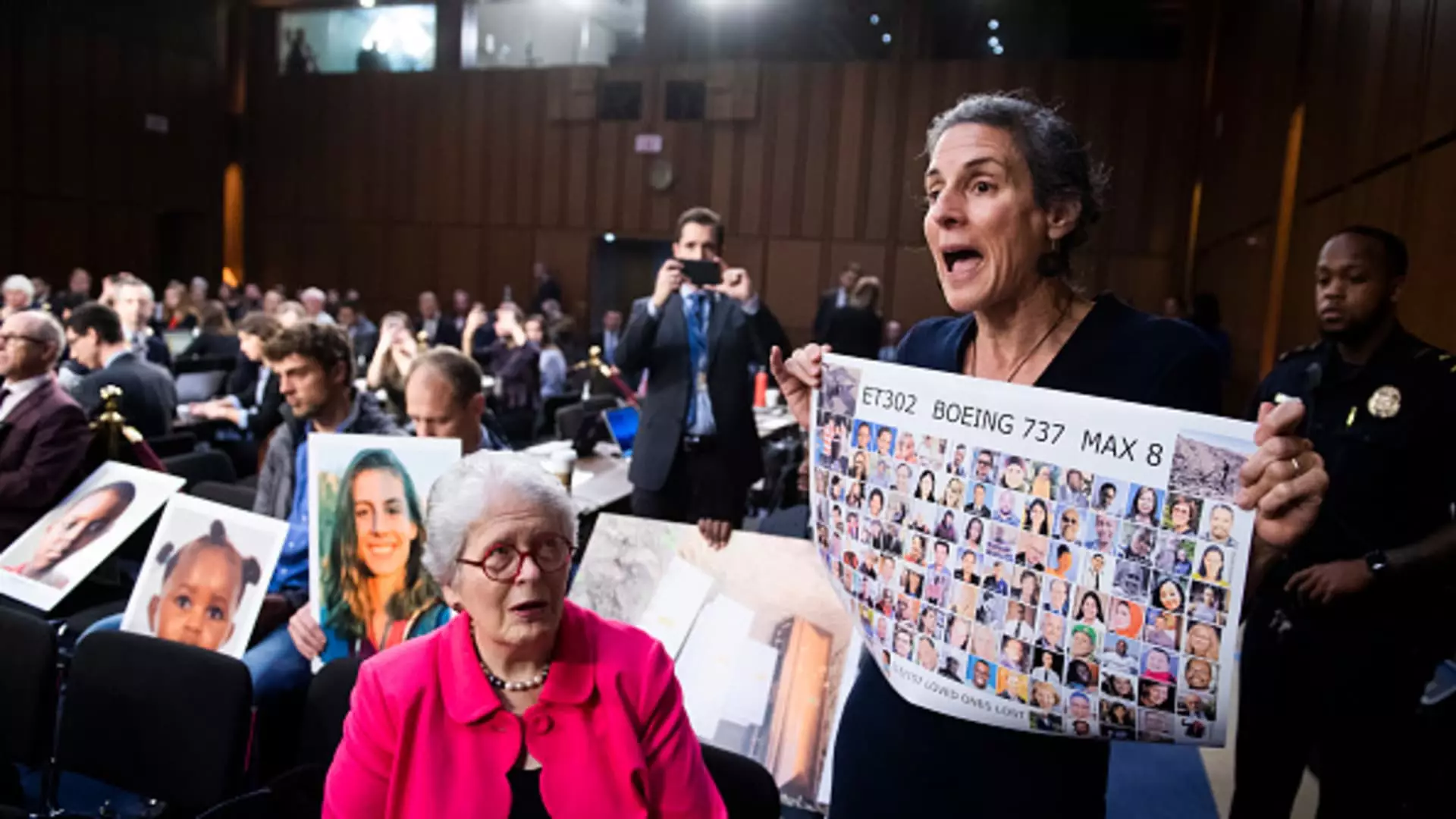The legal turmoil surrounding Boeing has entered yet another chapter as a federal judge has shot down a plea deal associated with the criminal fraud charge that arose after two catastrophic crashes involving the 737 Max aircraft. The ruling from U.S. District Judge Reed O’Connor reflects deep concerns about the selection criteria for a government-appointed monitor, a stipulation intrinsic to the plea arrangement. Judge O’Connor highlighted that his apprehensions center around the inclusion of diversity, equity, and inclusion (DEI) mandates in the selection process, raising critical questions about the integrity and objectivity of oversight mechanisms in significant corporate governance cases.
In delivering his decision, Judge O’Connor articulated his doubt that the monitor’s selection process would remain non-discriminatory, an assertion that weighs heavily on the credibility of the judicial system itself. He remarked, “the Court is not convinced in light of the foregoing that the Government will not choose a monitor without race-based considerations.” Such concerns underscore the potential for politicization in judicial oversight processes, especially in cases as serious as Boeing’s. This moment reveals an intersection of corporate ethics and social justice, prompting a larger discussion about how DEI initiatives intersect with accountability in business practices.
In October, the judge mandated both Boeing and the Justice Department to detail their DEI policies during the monitor selection. This requirement reveals an attempt to navigate a complex social landscape where corporations face increasing pressure to demonstrate commitment to diversity, often spurring accusations of “performative allyship.” Businesses like Boeing find themselves tasked not only with complying with legal mandates but also with addressing broader societal expectations.
The plea deal in question emerges from Boeing’s admission to conspiring to deceive U.S. government regulators regarding the safety features of the 737 Max, a system integral to the aircraft’s operation that was implicated in two horrific crashes, claiming 346 lives. The gravity of this situation cannot be overstated; such an extensive loss of life inherently demands stringent accountability measures. Boeing’s prior agreement had stipulated a path toward admitting fault while trying to mitigate legal repercussions, a strategy some legal experts have described as a “sweetheart deal.”
However, critics—especially the families of the crash victims—have rebuffed this characterization, arguing that the implications of the plea deal were insufficiently severe given Boeing’s role in the tragedies. Erin Applebaum, an attorney for a victim’s family, expressed dissatisfaction and called for renegotiation to ensure that terms reflect the serious nature of Boeing’s actions. The discontent amongst these families illustrates a critical tension between corporate accountability and the justice system, drawing attention to the perceived leniency that America’s corporate giants sometimes experience.
The implications of this rejected plea deal extend beyond Boeing’s immediate financial penalties, projected to be upwards of $487.2 million but likely reduced by previous fines. A vibrant debate rages around the effectiveness of deferred prosecution agreements, especially in high-stakes cases involving public safety. For many observers, this scenario raises existential questions: Can the legal system impose genuine accountability on corporations? Should plea agreements be restructured to reflect not just monetary penalties but also broader preventive measures?
Furthermore, the Justice Department’s role in determining the terms of such agreements is under scrutiny, leading to mounting pressure for transparent and rigorous oversight that prioritizes public safety above corporate interests. The rejected deal serves as a potential pivot point, possibly paving the way for stricter regulatory frameworks that hold corporations more accountable.
As this high-profile case continues to unfold, the consequences will likely resonate throughout the corporate world. Companies will be left wondering whether the specter of rigorous judicial scrutiny will ultimately reshape their approaches to governance and ethics—ones where accountability is non-negotiable and victim restitution takes precedence over mere financial expedience. In the evolving landscape of corporate responsibility, the Boeing case is emblematic of the challenges that lie ahead.

Leave a Reply